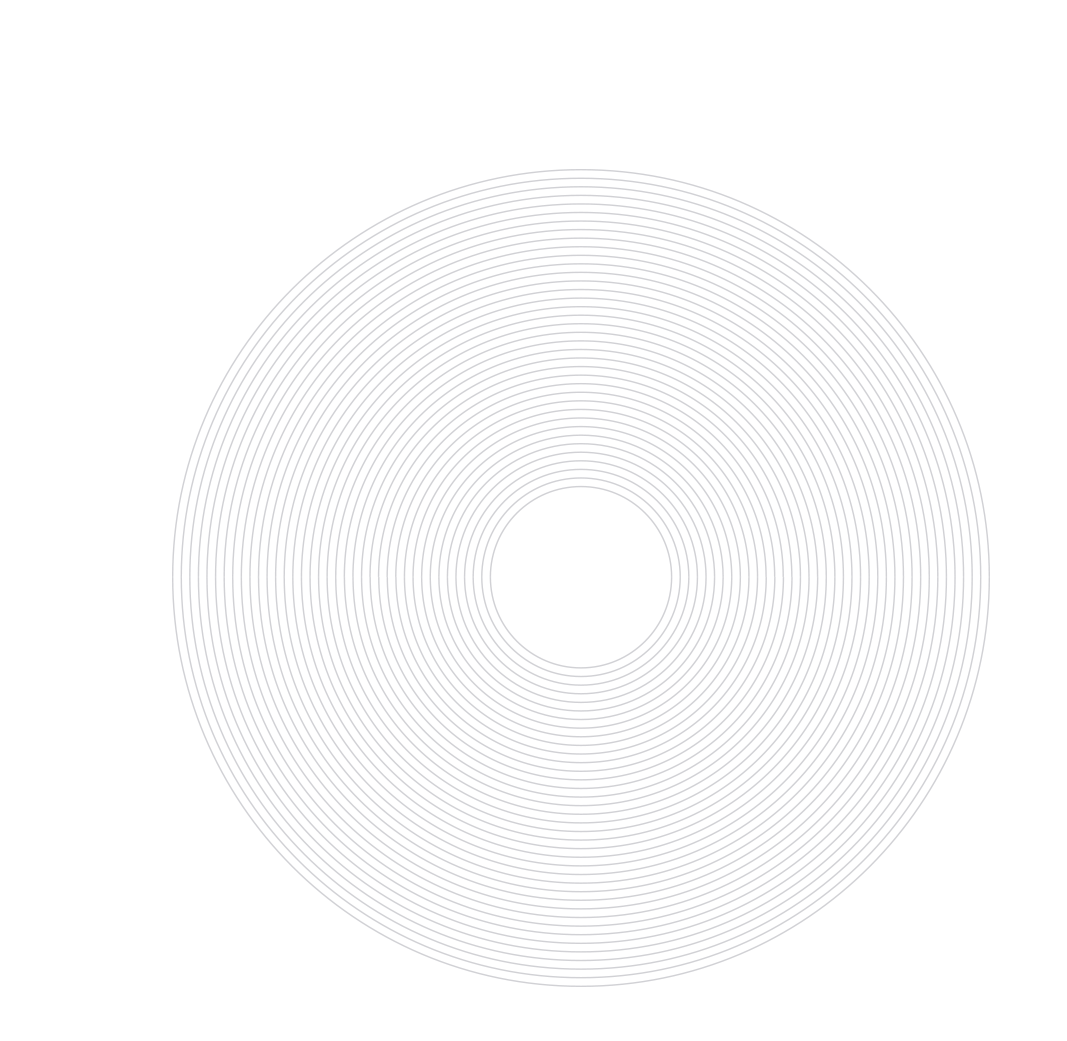




Aloma with her baby Mufija at the OTP (Outpatient Therapeutic Program) clinic in Unchiprang refugee settlement. Aloma is 45-years-old. She brought her one-year-old daughter, Mufija, and nine-year-old daughter, Shumaya, to the health clinic to pick up some food. Aloma and her family are from the northern part of Myanmar. She has seven children, the eldest is 12-years-old. Aloma’s husband was killed in the recent outbreak of violence in her village. They live in a makeshift shelter. CARE is providing technical assistance to the outpatient clinic, as part of a community based management of child malnutrition program (CMAM) consortium (Concern Worldwide, SHED and SARPV) funded by UNICEF. The clinic provides high nutrient food and treatment for children aged six months to five years. By 10 October, 14827 children had been screened for malnutrition, with 240 found to be severely acutely malnourished of which 229 got admitted. Aloma’s story in her own words: “My husband was killed. When the armed men started shooting at us, my husband was running and he was struck dead by a bullet. They came to the village and attacked us. Helicopters flew overhead, and were shooting at us from the sky. Whole families were slaughtered. Then the helicopters landed, and armed men got down and began to fire at people from the ground. We started to run and we could hear the shots flying past our heads. We ran across the bridge but the armed men came there and just started firing at us indiscriminately. My husband was weak, and he could not run well. So we fell behind, and then he was hit and he just fell to the floor dead. I saw him hit the ground, but just had to run, as I was holding the babies. I couldn’t even go back to look for him later, and give him a burial. It was too dangerous. I just had to leave him. When the armed men started firing in one village, we all ran to another nearby village. But then they would follow and attack that village too. We moved and we moved, until there was nowhere else to go. They were burning the houses. I saw them set fire to them with my own eyes. One man lost all six members of his family. We travelled together when we fled, and he just cried and cried the whole way. His grief was too much to bear. The journey here took one week. It was very muddy and slow going. I had to carry the three youngest children. The thing I hate most about life here is seeing my children dirty and watching them get sick. I am frightened for their future. I also need more food and clean drinking water, though I have a card now so that’s something. I just wish I was back at home. We have been here for about 22 days now, I am not sure of the exact date we arrived. I don’t know the date today. I just focus on surviving each day as it comes. If I think too much about what has happened, and where I am and the days that have gone, then I get a pain in my head and my heart.†Interviewed by Kathleen Prior on 29 September 2017. Approved by CARE Bangladesh CD. Figures are correct to the date of edit. Name changed to: N/A
© Copyright 2025 CARE Bangladesh. Powered By Bangladesh Online